Imagine the day when we finally overcome the COVID-19 crisis. We’ve rolled out a vaccine to contain the virus, and everyone is able to go outside again and return to their normal lives.
But then we find out, just as we’ve been reuniting with all our old friends and returning to work, that there’s another strain of COVID-19 has been lurking around. And it’s one that we aren’t prepared for.
Could this lead to a second wave of the pandemic? Would our original vaccine have any effect on it? Could a new strain be even deadlier than the original?
When most people hear the words “mutate” or “mutation,” they generally think of things like special powers or instability. They’re both attributes that we wouldn’t want this virus to gain.
But the truth is that viruses mutate all the time, and it doesn’t always mean that they’re going to cause new, deadlier symptoms. What it does mean is that we may need to make changes to how we test for and treat the virus.
And to understand why we need those changes, we have to learn a little bit more about how a virus works. In simple terms, a virus is something that can infect us, and it can be found in bacteria, plants, and animals.
We don’t know for sure whether a virus is alive or not, but we do know that they can only multiply in a host, such as the human body. The COVID-19 virus is made of something called ribonucleic acid, or RNA for short.
RNA is one of the building blocks of life, and it carries the codes that determine the order of amino acid sequences in proteins. A viral mutation happens when the order of the amino acids in the virus changes.
When a virus grows and spreads to different people, it makes copies of its genetic code, and this is where mutations can occur. If viruses make mistakes when they copy their genetic code, they can’t fix them. And because viruses make so many mistakes copying their genetic code, they tend to change faster than other organisms.
As more and more people are infected, a virus will continue to replicate itself, which gives it more opportunities to mutate. And in the case of the COVID-19 virus, also known as SARS-CoV-2, the mutation has already begun.
But there’s no need to panic. This doesn’t mean that the virus is going to become a deadlier, even scarier threat to humanity.
All viruses mutate, and for the most part the changes are so slight that there are no noticeable differences in the disease’s transmission and fatality rates. As the COVID-19 virus continues to mutate, the real differences we’ll see are in the ways that we test for, and treat the virus.
The tests that have been developed to detect COVID-19 may have to be changed over time, so they can also identify the mutated versions of the virus. If we can keep track of all these mutations, it will also help us to develop drugs to fight them.
We might be able to develop a vaccine to fight off one strain of COVID-19, but what about any new mutations? The good news is, it’s unlikely that mutations will interfere with the effectiveness of any vaccine we develop.
According to a biologist at Texas A&M University, the mutations of the COVID-19 virus are so slow and mild that they are most likely to stay pretty similar to its initial sequence. We’ve seen this happen before in viruses like the mumps. More than 45 years later, the original vaccine is still protecting us.
And even if COVID-19 does become resistant to the drugs we use to treat it, we still have options. We could always develop several drugs that treat different parts of the virus. We’ve done that successfully with our treatment of the HIV-AIDS virus.
If that doesn’t work, then maybe it’s time we all move down to underground bunkers, and take this whole social distancing thing to the next level.
Subscribe to What-If on YouTube or follow the show on Facebook Watch.
Sources
- “COVID-19 Will Mutate — What That Means For A Vaccine”. 2020. Healthline.
- “Genomic epidemiology of novel coronavirus – Global subsampling”. 2020. nextstrain.org.
- “Yes, the new coronavirus is mutating—but that’s not a bad thing”. Kate Baggaley. 2020. Popular Science.
- “Coronavirus and anxiety: ‘Following the news made me have a panic attack”. Bradley Harris, 2020. BBC News.
- “ARE VIRUSES ALIVE?”. microbiologysociety.org.
- ““The Nature Of Viruses Is To Mutate”: Mapping The Spread Of A Deadly Disease”. Duncan, David. 2020. Vanity Fair.
- “Why the Coronavirus Has Been So Successful”. Yong, Ed. 2020. The Atlantic.
- “Coping with coronavirus anxiety”. John Sharp, MD. 2020. Harvard Health Blog.












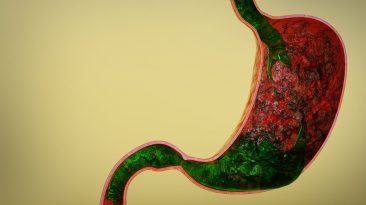

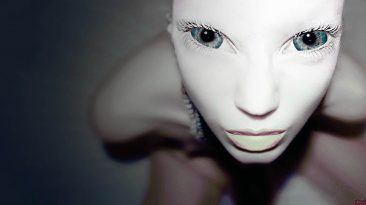




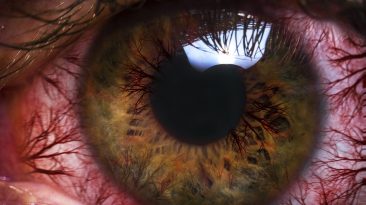
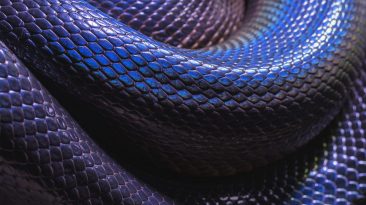
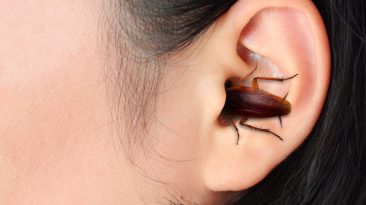


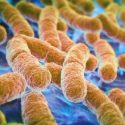



[…] Transcript and sources: https://whatifshow.com/what-if-the-coronavirus-mutated/ […]